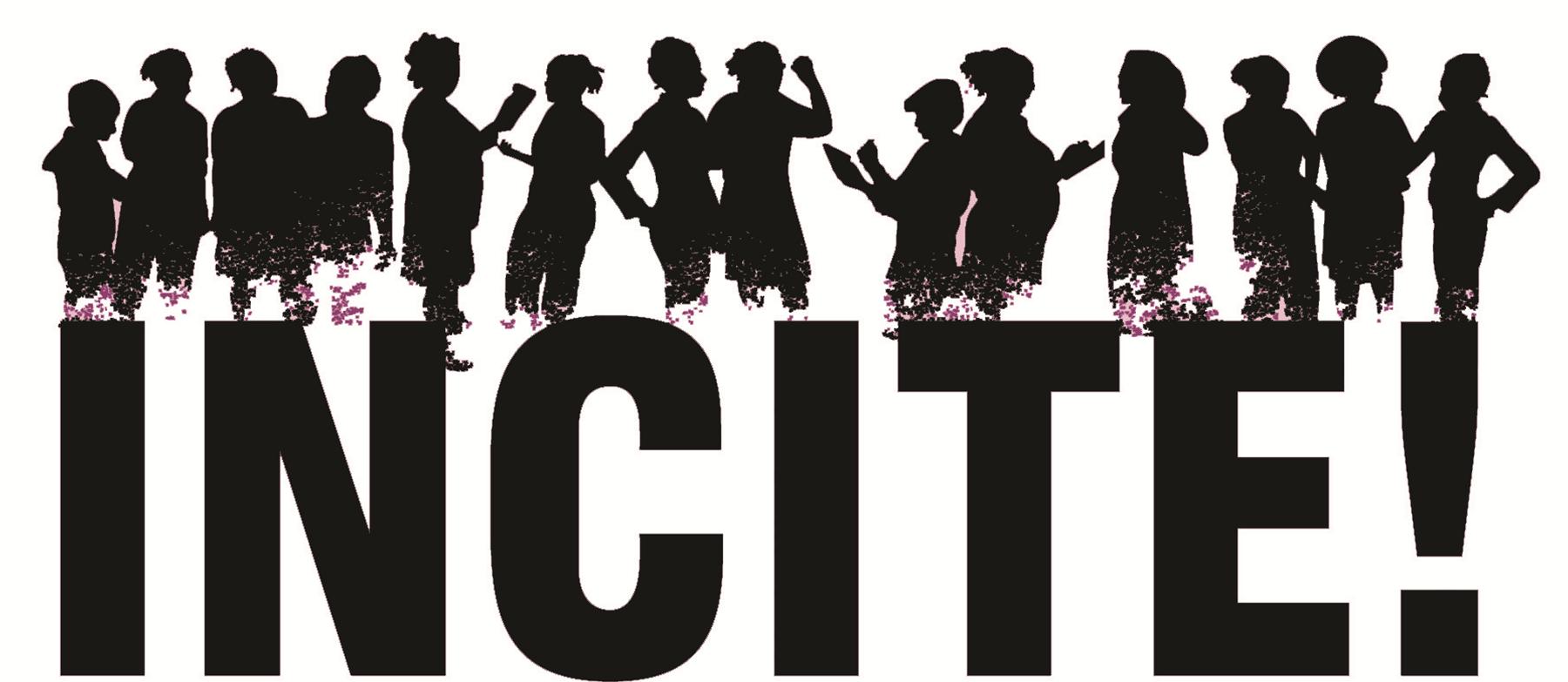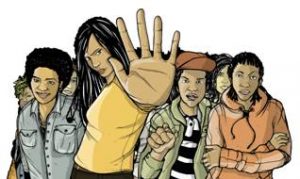Policing Sex Work
According to Amnesty International, “One Native transgender woman involved in the sex trade told Amnesty researchers “every night I’m taken into an alley and given the choice between having sex or going to jail.” Her experience was representative of that of many sex workers we spoke with. An advocate for LGBT youth in Chicago told Amnesty that the vast majority of young people she works with have been asked to perform sexual acts on police officers, sometimes on duty and other times not, who suspect they are involved in sex work.”
Who is a sex worker?
“Sex worker” is a term used to refer to people who work in all aspects of the sex trades, indoor or street-based, legal and criminalized, and can include people who trade sex for money as well as safety, drugs, hormones, survival needs like food shelter or clothing, or immigration status or documentation. Although this gendered labor sector is being redefined all over the world, the majority of sex workers are women. Sex workers are mothers, daughters/sons, teachers, organizers, people — who experience high levels of violence due to the stigma, isolation, and invisibility associated with their work.
Since prostitution/sex work is criminalized and highly stigmatized in many countries, individual sex workers and organizations are exposed to high levels of harassment and violence by law enforcement agents and benefit from little protection from violence within their communities. Speaking out against the violence and finding or organizing support for sex workers can be dangerous. As a result, any participation in sex work as part-time, full-time, or even temporary entails a life on the margins. This is particularly true for sex workers of color and transgender and gender non-conforming sex workers, who live and work at the intersections of multiple forms of structural oppression based on gender, race, and class.
Violence against sex workers
Sex workers experience high levels of violence, regardless of the type of sex work they engage in. Sex workers are exposed to verbal abuse, physical assaults, sexual violence, and murder at the hands of law enforcement agents, customers, managers, fellow employees, family, friends, domestic partners, and neighborhood residents. Existing laws that criminalize sex work often prevent workers from reporting violence, enable law enforcement agents to not take violence against sex workers seriously when it is reported, and facilitate police violence against sex workers.
Sex work as violence against women?
Despite the fact that sex workers experience high levels of violence, sex workers’ rights have generally not been supported by mainstream women’s movements. Historically, because women’s bodies and sexualities have been a location of women’s oppression, many feminists have framed sex work itself a form of violence against women, and demonized women who engage in sex work as participants in their own oppression and that of all women. In response, sex workers’ rights groups urge a distinction between coerced and consensual sex work,. For instance, many sex workers who attended the 1995 UN Conference on Women in Beijing lobbied to ensure that every mention of prostitution as a form of violence against women be prefaced by the word “forced.” Although many acknowledge that the voluntary/forced dichotomy is insufficient to reflect the complexity of sex workers’ experiences, it was all they could do to change the discourse at the conference and beyond. Unfortunately, sex work continues to be framed as inherently oppressive by many mainstream groups, effectively hampering sex workers’ efforts to secure their human rights.
Police brutality against sex workers
Profiling
Officers use vaguely worded “quality of life” regulations prohibiting, among many other things, “loitering” and “loitering with intent to solicit,” as well as “obstructing vehicular traffic,” “public lewdness,” “public nuisance,” and “disorderly conduct,” to harass, detain, and arrest individuals they believe to be involved in sex work, and particularly street-based sex work.
Women of color, and particularly transgender women of color, are often perceived by police through racialized and gendered stereotypes framing us as highly sexualized and sexually available. Law enforcement officers’ internalization and perpetuation of these stereotypes, combined with the high degree of discretion afforded by vague “quality of life” regulations, results in police profiling women of color, and particularly transgender women of color, as sex workers, and selective targeting of women of color for harassment, detention, and arrest.
Sexual harassment, sexual assault, rape
Sex workers, as well as those perceived to be engaged in sex work based on gender or sexual non-conformity, are raped and sexually harassed and abused by law enforcement officers with alarming frequency – and this takes place across the country.
- A 2002 study found that 30% of exotic dancers and 24 % of street-based sex workers who had been raped identified a police officer as the rapist. Approximately 20 % of other acts of sexual violence reported by study participants were committed by the police.
- According to two studies by the Sex Workers’ Project of the Urban Justice Center in New York City, up to 17% of sex workers interviewed reported sexual harassment and abuse, including rape, by police.
- Sex workers across the country report being forced to strip or engage in other sexual conduct while in police detention.
Extortion of sexual acts in exchange for avoiding arrest or further violence, public strip searches, physical violence, as well as overtly sexist homophobic, racist and transphobic verbal abuse of sex workers by police officers is an all too common experience for indoor and street-based sex workers.
Failure to respond to violence against sex workers
Law enforcement officers’ perceptions of sex workers also lead to inappropriate and abusive treatment by officers in the context of responses to sexual or domestic violence. Domestic violence and sexual assault against sex workers are routinely perceived by police as a “trick gone bad,” something that survivors somehow brought on themselves through their “sexually deviant” conduct. For instance, in many cases women who are or are perceived to be sex workers are arrested for assault or domestic violence while their abusers are not. Overall, sex worker advocates characterize police attitudes towards survivors of domestic violence who are, or are perceived to be, sex workers as “who cares, they’re expendable” or “what did you expect? You’re a ho!”
Download full fact sheet on police violence & sex work (PDF)

